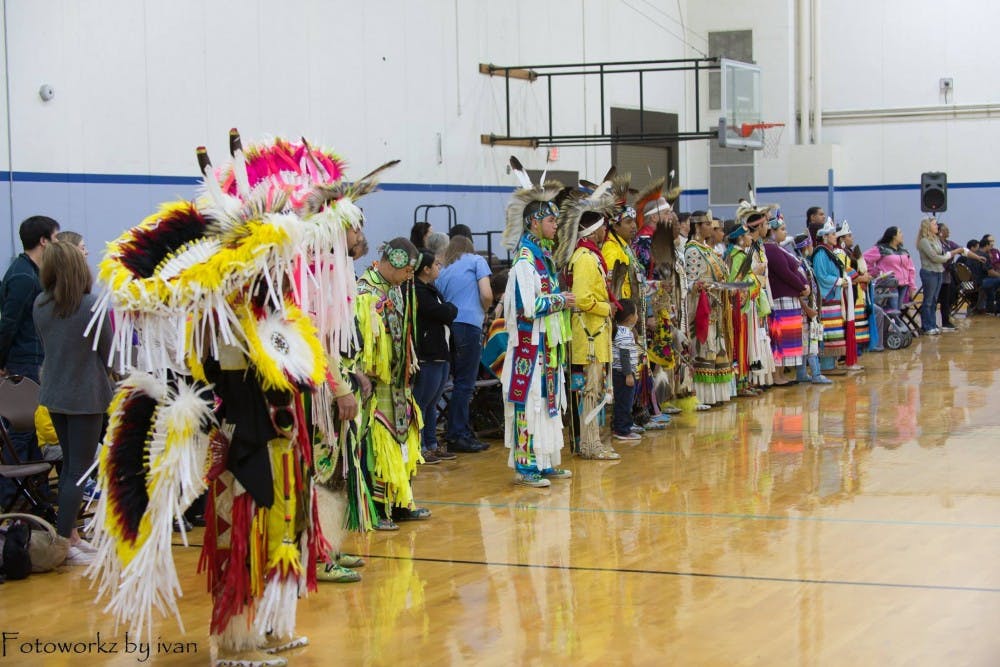The Carolina Indian Circle, a student-run organization, is hosting its 31st annual Carolina Indian Circle Powwow on Saturday, March 3 at 12 p.m.
“This is definitely a big event for the American Indians on campus — we are the largest collegiate Powwow in North Carolina, and because of that, we have native people coming from all over the state,” said Elena Jacobs-Polanco, the event's co-chair.
The Powwow itself involves singing, drumming, traditional competition dancing and displays while also providing opportunities to sample Native American foods. Because this event is run by students and not a tribe, it is considered an intertribal gathering. This is exemplified in the variation of dancing that can be seen. While it ranges from adult to children styles, it is also split into northern and southern traditional dances.
The dances are often the main attraction to the Powwows.
“A highlight for me would be the dancers," said Gabrielle James, Carolina Indian Circle’s vice president. "It's one of those experiences for me as a native person. It gives me goosebumps because it just shows our culture is alive. Despite everything, we’re still here, and we’re still celebrating ourselves and our heritage.”
Jacobs-Polanco also highlighted the significance the event holds for her as a way to bring together parts of her community and the Native American people on campus, while also recruiting students to come to UNC.
The Carolina Indian Circle works with the American Indian Association on campus. The experience of American Indians on campus was highlighted by Ryan Dial-Stanley, the other co-chair for the event. He emphasized the difficulties for Native American students adapting to university life.
“Many colleges around the country have low retention rates for Native Americans," he said. "That’s why the Carolina Indian Circle was created, and even today, it helps makes the University smaller for me. I’m more in tune with the Native American community.”
The students expressed hope that because the Powwow is open to the public, it will dispel myths about the Native American culture as it provides an opportunity for people to experience it themselves.



